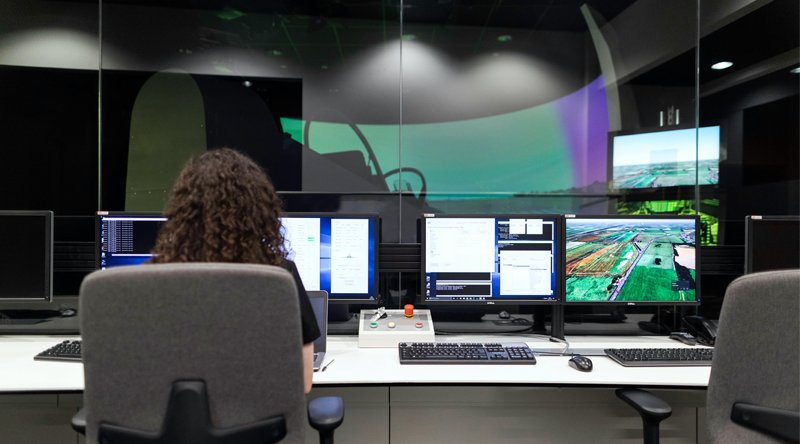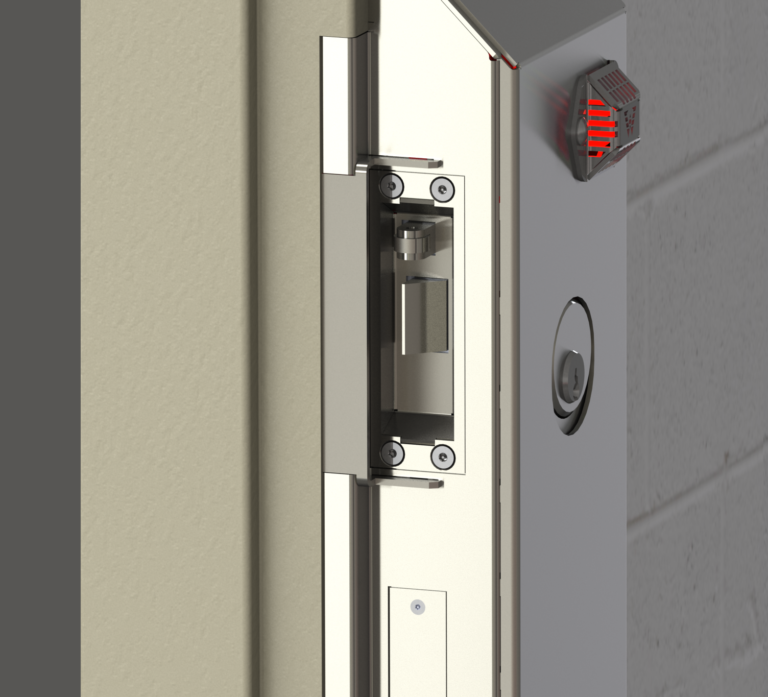Modernizing Corrections: Tech’s Promising Impact on Staffing and Morale

By Lily Fielding
Corrections agencies nationwide are grappling with critical staffing shortages, leading to potential risks such as increased violence and the departure of experienced personnel. To alleviate these challenges, corrections departments are harnessing technology to optimize staff efficiency and enhance the environment within their facilities.
-
Helping People Earn Time Off Their Sentences
During staffing shortages, corrections departments often face a dilemma as personnel from various roles are temporarily reassigned to security duties, disrupting essential programs. This disruption hampers folks’ ability to earn time off their sentences, contributing to prolonged incarceration periods and exacerbating staffing shortages.
To break this cycle, agencies are actively seeking ways to reintroduce opportunities for sentence reduction. Recidiviz is collaborating with states like Missouri to implement program matching systems that analyze individuals’ treatment needs, enabling swift matching with required and recommended programs. This not only facilitates earlier and more successful transitions from prisons to communities but also enhances job satisfaction among staff who witness the positive impact of their support.
Connecting individuals with education, vocational training, mental health services, and substance abuse treatment turns staff into active rehabilitation engineers, fostering a sense of purpose that leads to increased job satisfaction, improved morale, reduced violence, and decreased burnout.
-
Utilizing Analytics for Informed Decision-Making
Corrections officers have complex jobs. To navigate the complexity, they need actionable information about what’s working. What’s helping people complete supervision or get stable housing and employment? What’s helping reduce incidents in facilities? What programs are leading to more custody downgrades?
Recidiviz’s Outliers tool offers apples-to-apples comparisons on these key success metrics at various levels — benchmarks for individual staff, for districts, and for the agency overall. With comparative data, staff can adjust their own approach over time and learn from their peers. This level of insight enables the best ideas and tactics to spread, leading to fewer returns to prison and improved reentry outcomes. For example, an Idaho officer experienced a 40% decrease in absconsion violations after participating in coaching conversations based on Outliers reports.
Comprehensive data gives supervisors and staff a clear understanding of performance right now and over time, so that they can implement best practices and see how doing so impacts outcomes.
-
Prioritizing Staff Wellness and Automating Time-Consuming Tasks
The demanding nature of working in prisons can lead to burnout and decreased job satisfaction among staff. By prioritizing staff wellness, corrections departments can foster a culture of care and support. Showing staff that they are valued, respected, and understood increases their job satisfaction.
Recidiviz helps agencies listen to their staff through surveys, focus groups, and one-on-one meetings.
In Maine, probation officers shared large caseloads were a major pain point. To assist, we developed a tool that quickly surfaces people eligible for early termination. The tool automates the paperwork to facilitate their release. Staff felt heard. Incarcerated people are getting recognized for their hard work. And smaller caseloads are leading to better work-life balance. With this knowledge, we expanded the tool across our partner states. It has been instrumental in moving over 5,000 people to lower supervision levels or off supervision entirely in partner states, saving more than 2,000 hours of staff time.
Solving Staffing Shortages Requires Innovation
Effectively addressing staffing shortages in corrections requires innovative solutions. By leveraging technology, data, and analytics, agencies can enhance staff morale, reduce turnover, and create a positive work environment. Embracing technology is crucial for driving positive change within correctional facilities, whether through facilitating sentence reduction or automating paperwork. By adopting these strategies, corrections agencies can better fulfill their mission of rehabilitation and contribute to safer communities.
Lily Fielding serves as Senior State Engagement Manager for Recidiviz.






